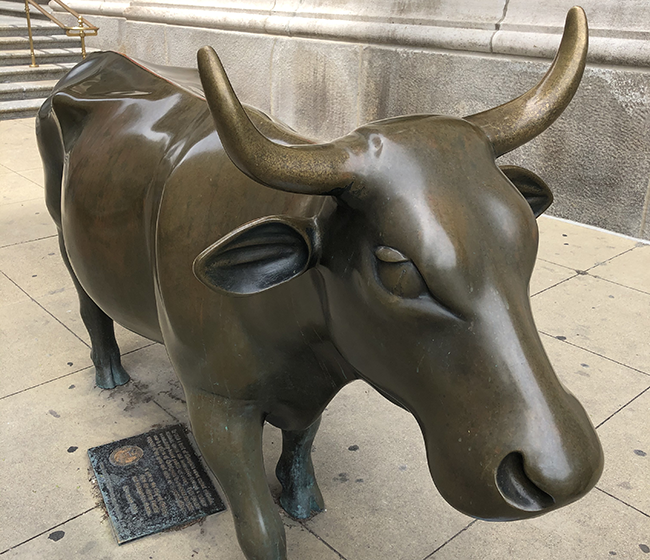
As a new product or solution comes together, stakeholders may not have easy access to all the proposed software methodologies in one location. A Request for Comment (RFC) paper can help bring all development information together and act as a forum for stakeholders and teams to refine the new product or solution. This process can also help inform further decisions on how to proceed with development or to not continue a project.
Anatomy of a Request for Comment Paper
An RFC paper typically includes the following types of information:
- Overview: The overview includes a high-level description of what the new product or solution does. This section can also include links to any related documents or sites that explain the new product or solution.
- Architecture: The architecture section includes any architecture diagrams for the new product or solution, as well as more in-depth explanations of each part of the architecture.
- Testing: The testing section includes what is tested and how the testing is completed.
- Appendix: The appendix includes a list of the RFC paper recipients and when it was sent out for comment. A sub-section of the appendix lists all of the comments received from stakeholders, as well as any further discussion on those stakeholder comments.
The RFC Paper Process
The Request for Comment paper process begins with gathering all the information for the new product or solution, which might include sourcing existing documentation or developer/subject matter expert interview. This information is then formatted into the Overview, Architecture, and Testing sections as necessary.
Next, a first draft of the RFC paper is sent to any knowledgeable developers or subject matter experts to ensure accuracy. Once this first draft is approved, the RFC paper can be sent out to stakeholders for comment.
Comments are collated into the Appendix section as they are received. Any further discussion that arises from those comments is also included. A Request for Comment paper is considered “complete” when all stakeholders and development team members are able to add comments, discuss those comments further, and resolve issues with any proposals contained therein.
To learn more about our services, contact us at collin@canrightcommunications.com



